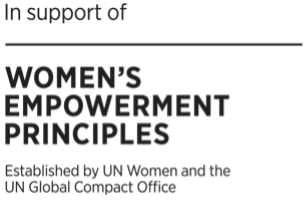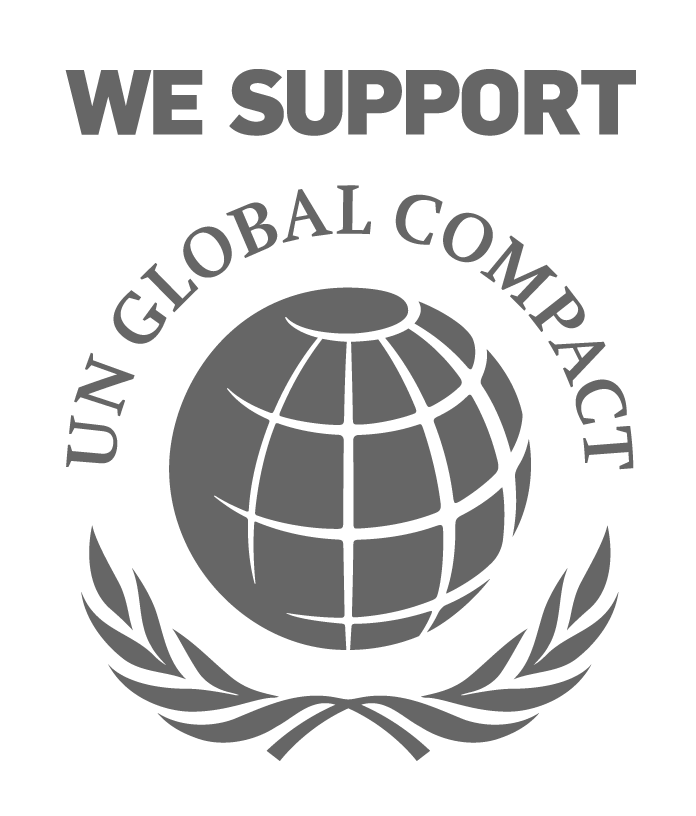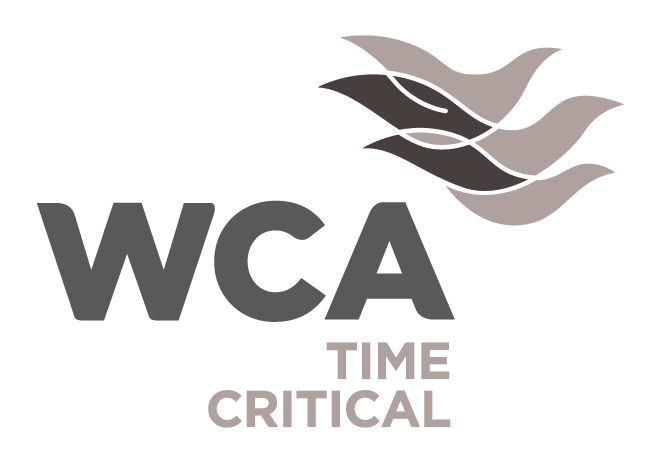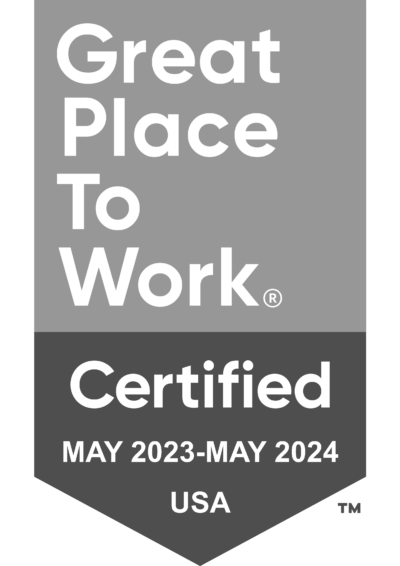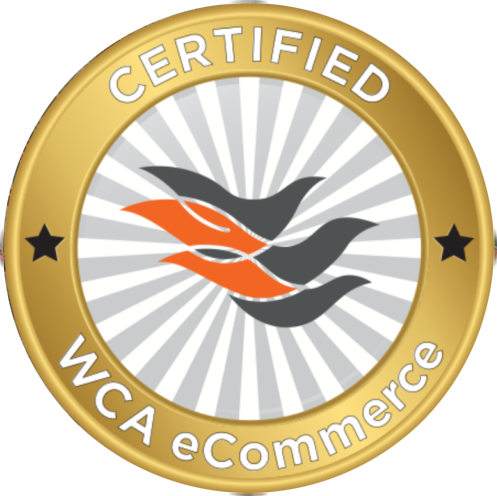SEARCH BY KEYWORD
WHAT IS VESSEL UTILIZATION?
YOU ASK, GREEN ANSWERS What is Vessel Utilization? Vessel utilization is the ratio of loaded containers to the total container slots available on a vessel. Increased vessel utilization reduces the need for repositioning empty containers. Repositioning accounts for roughly one fifth of global container movements. Optimizing vessel utilization can reduce the overall greenhouse gas emissions. When we increase a vessel's utilization, more containers are shipped on a single vessel and less vessel movements are required, which reduces the overall contribution [...]
WHAT IS THE CONTAINER LOAD FACTOR?
YOU ASK, GREEN ANSWERS What is the Container Load Factor? Container load factor is the ratio of weight or volume of cargo in a container to the container’s maximum capacity. It is a measure of efficiency to understand how much capacity is being utilized. The container load factor is important for shippers to optimize their costs and increase efficiency. Increasing the container load factor can also reduce emissions overall for a supply chain. By increasing the load factor, less [...]
What is a General Rate Increase (GRI)?
YOU ASK, GREEN ANSWERS What is a General Rate Increase (GRI)? A General Rate Increase, also known as GRI, is an annual percentage increase in shipping rates applied to the base freight rates. General Rate Increases reflect rising costs in transportation for a supply chain – such as, fuel, insurance, wages, raw materials, and other operating tariffs. These increases can occur on any trade lane from changes in supply and demand. At times, ocean carriers reduce their rates to [...]
What Is the Difference Between Marine Recovery, BAF, Bunker, Fuel, and Low Sulphur Surcharge?
Fuel, in general, refers to any substance that is burned to produce energy. In the context of marine transportation, fuel typically refers to various types of fuel that are used to power ships, including bunker fuel, diesel, and liquefied natural gas (LNG). Bunker fuel refers to the heavy, viscous fuel that is used by large marine vessels such as cargo ships, tankers, and container ships. Bunker fuel is typically derived from crude oil and is used because it is [...]
Does a Foreign Firm (Buyer) Need to Identify Itself as an FPPI When Dealing With a U.S. (Seller) in a Routed Transaction When There Is No Actual Selling of the Equipment, but the Equipment Is Leased for a Limited Amount of Time (Less Than 6 Months) and then Returned to the U.S?
DOES A FOREIGN FIRM (BUYER) NEED TO IDENTIFY AS AN FPPI WHEN DEALING WITH A U.S. (SELLER) IN A ROUTED TRANSACTION WHEN THERE IS NO ACTUAL SELLING OF THE EQUIPMENT, BUT THE EQUIPMENT IS LEASED FOR A LIMITED AMOUNT OF TIME (LESS THAN 6 MONTHS) AND THEN RETURNED TO THE U.S.? The foreign firm (buyer) must identify both a U.S. Principal Party in Interest (USPPI) and a Foreign Principal Party in Interest (FPPI) on the Electronic Export Information (EEI) [...]
What Are Some Strategies For Reducing Supply Chain Carbon Emissions?
Taking action to reduce emissions within your supply chain can be a challenging but critical part of reaching your emission reduction targets. The following are some initial strategies you can implement to reduce your carbon footprint: TRANSPORTATION & LOGISTICS One of the biggest sources of emissions can be transportation. Companies can work to reduce emissions by… Increasing efficiencies (consolidating shipments) Choosing low-carbon transportation options Route optimization PROCUREMENT PROCESS Many of the emissions within your value chain are “owned” by [...]
You Ask,
Green Answers

Don’t see the answer you’re looking for? Send it over to Green’s supply chain experts and we’ll answer your
question directly!
LATEST ARTICLES
Subscribe to the
Freight Market Update





